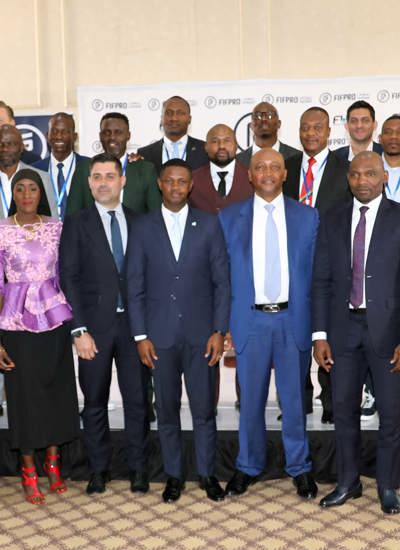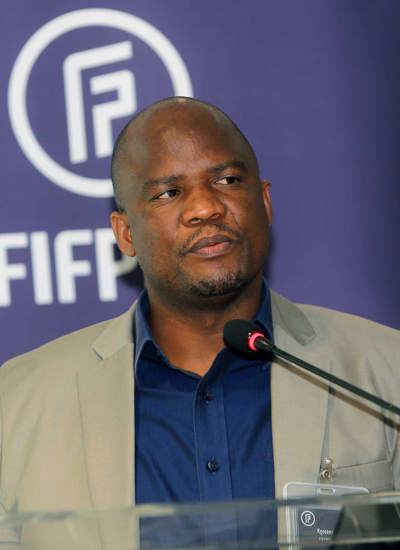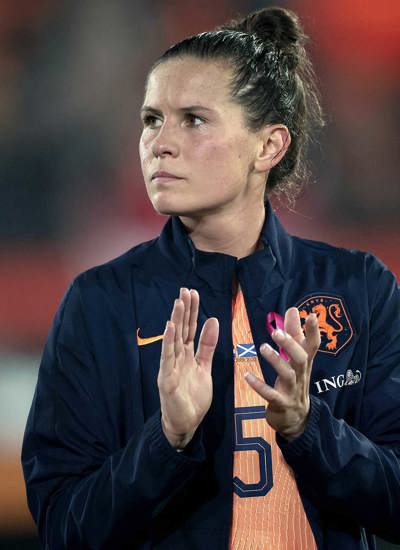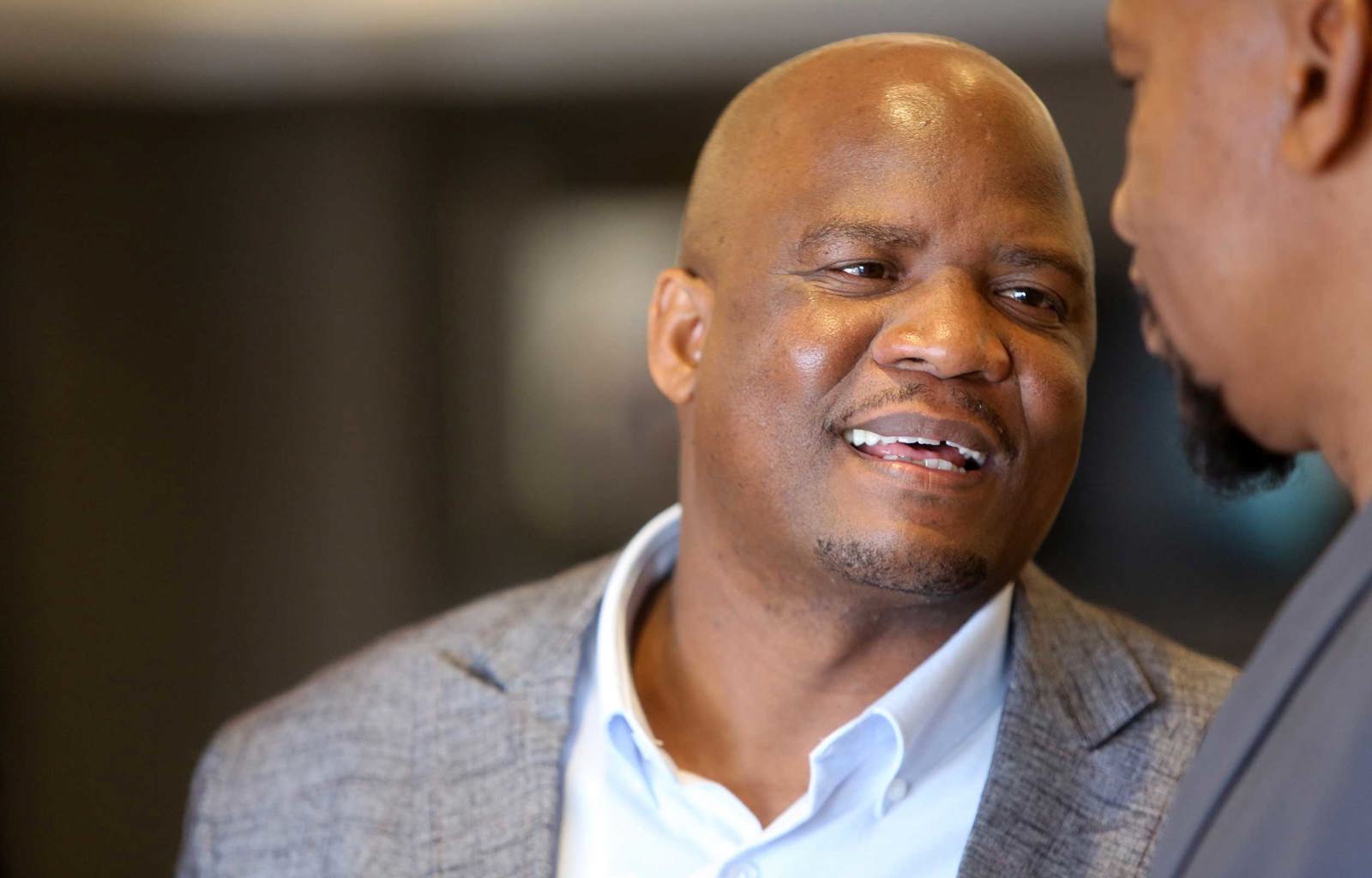
For several months, Kgosana Masaseng has been the new general secretary of FIFPRO Africa, a position previously held by Stephane Burchkalter for 16 years.
The former secretary general of the Footballers Union of Botswana (FUB) intends to lead African unions to success by relying on a rich heritage and the family spirit which has always reigned within the division. FIFPRO caught up with Masaseng to discuss his journey to the position and goals for the future.
FIFPRO: Kgosana, can you tell us about yourself?
Kgosana Masaseng: I am a family man with two daughters. My love for football has seen me pursue sport management at the Nelson Mandela University in South Africa, after which I took up an advanced sport management course administered by the Botswana National Olympic Committee (BNOC).
There is very little I do outside the game because as a trade unionist, you have to be available for members at all times. When I do find time, I get away to do my other duties as a small-time farmer. I have made a conscious decision to develop myself into a service person who can secure football players’ rights and assist them to identify opportunities from which to harness a substantial value both during their playing days and beyond.
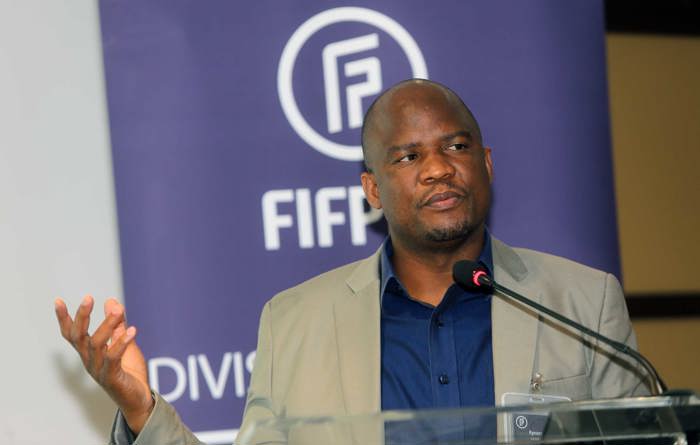
What was your background before joining FUB?
I was in the media space for over 13 years, specialising in football reporting. I owned a football publication that brought me closer to the players by way of constant reporting on the injustices that they faced every day. At the same time, I did a lot of commentary both on radio and television. It did not come as a surprise when I was recruited to be part of the union. It did not stop there: I was soon elected as deputy secretary general of the Botswana Federation of Trade Unions (BFTU), where I represented the labour force in various platforms with other social partners, the government and the business community.
For several months you have held the position of FIFPRO Africa general secretary, after two years working alongside Stephane Burchkalter. Is this for you an outcome or the beginning of a new chapter?
Coming into this position is by no means an isolated case. It was an agreed process that was discussed and approved by the members of our division. My appointment to this new position was created to manage the transition beyond 2023 seamlessly. In order to realise the transition process, the board initiated a handover process that saw my nomination to the position of deputy in support of the general secretary for the 2021-2023 period.
During those two years, I was expected to learn and grow into the new function without difficulties after 2023 as the new general secretary. When Division Africa was created in 2007, Stephane was appointed to help build and, in some instances, introduce unions in Africa. The progress made by FIFPRO Africa in the last 16 years and the need for stabilising the growth was an important basis for preparing the future and the succession plan.
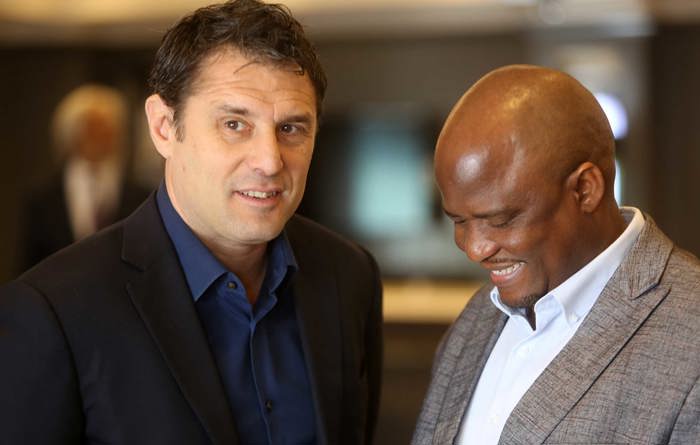
The notable advances for the benefit of players, which makes Botswana a reference in Africa and beyond, served your cause during the recruitment process of the new FIFPRO Africa general secretary.
In Botswana, the approach was that we needed to find a way to the negotiation table, where we would place the plight of players at the centre of any football discussion. And because we were organising in football, we needed to be creative. I sat with the FUB board and proposed a political approach that would bring us closer to football authorities. Unionism is not usually appreciated by those who do not want to be monitored for compliance. The first thing we did was to open social dialogue with the football authorities and then we pursued issues one at a time: introducing a standard players contract, getting the National Dispute Resolution Chamber (NDRC) to function, fighting for the full implementation of club licensing, and making sure that players were represented in all bodies that discussed players' welfare.
After getting all these in place, we told the football association to let us consolidate all these instruments into a collective bargaining agreement. It was an easy sell since all the matters were agreed to. It was at this point that we came out a lot stronger as a players’ bargaining body. Our efforts have seen a lot of statutory instruments being respected in the country. We have experienced a reduction of cases since the enforcement of the various legislation. And, to this day, we have a seat on every platform where decisions are made.
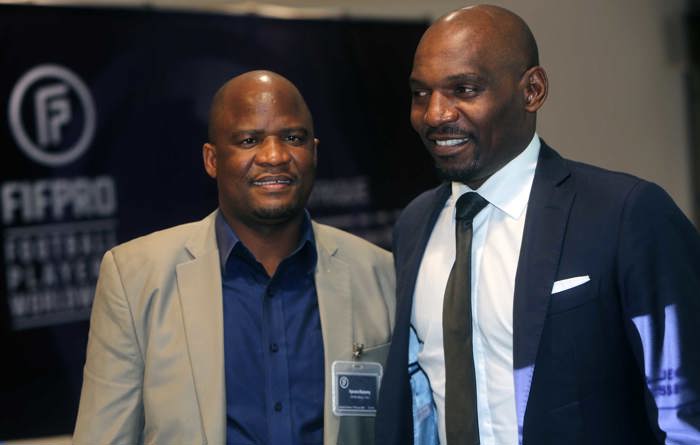
What are your goals?
The most important priority to focus on is building the capacity of our unions. There is a need to develop a more focused approach to strengthen the operations of our unions. We want our member unions to improve their relationships and proximity with players, build and maintain relationships with stakeholders like the media, sponsors, clubs, and federations alike. The overall intention is to capacitate the unions to provide more services to the players.
Part of my immediate task, when I took over, was to do an audit of the quality of members we have and how they can be assisted to do more. During our congress this year, CAF President Dr Patrice Motsepe challenged us to broaden our representation. His remarks come at a time when we are in discussion with CAF about renewing our memorandum of agreement. On the flip side, our growth base must be guided by building strong unions in Africa. It is for this reason that our interest is largely in the improvement of players’ welfare. The protection of players is central to our ongoing discussions as we move to consolidate the rights and safeguards of footballers in the continent. Player protection through negotiated collective instruments – like better employment conditions, contracts, access to justice, and safe work environments – must be included in the regulations, and/or form part of the competition licensing requirements.
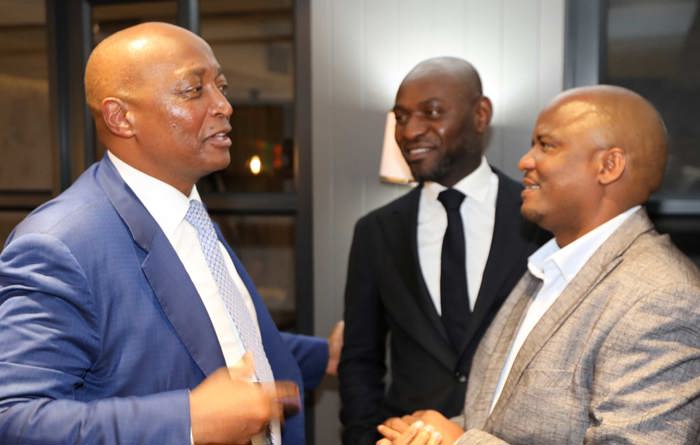
How do you organise your schedule since you maintain an active role within FUB?
Managing my schedule has been made easy by the teams I work with both at home and internationally. It is an exciting period but challenging at the same time, in that one needs to satisfactorily serve the two organisations without fail. Both jobs are demanding, especially in the context of Africa where we are still battling with clubs and associations to uphold good governance. In this field of work, one needs to be on constant alert to respond to the needs of players in a timely manner.
